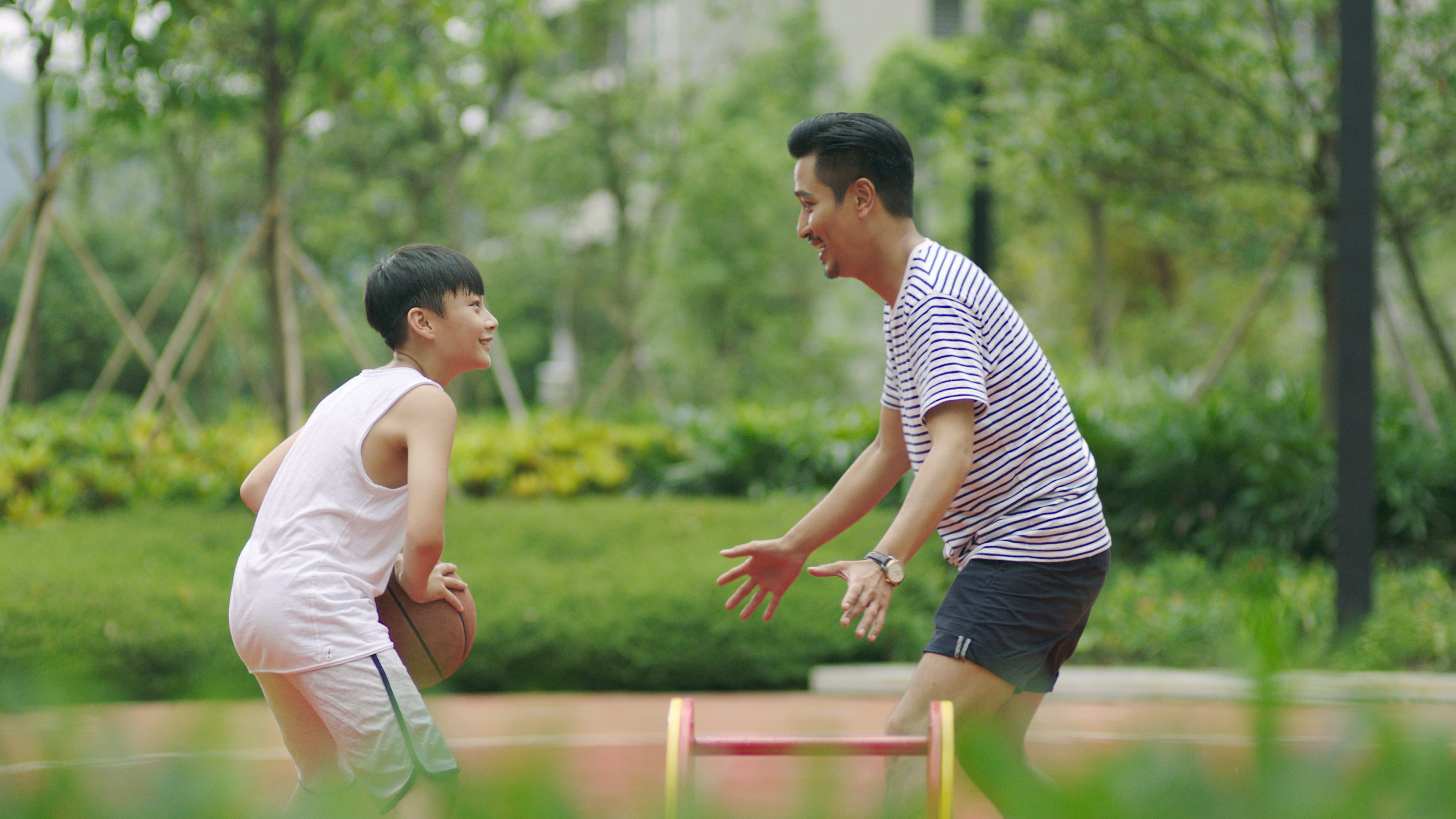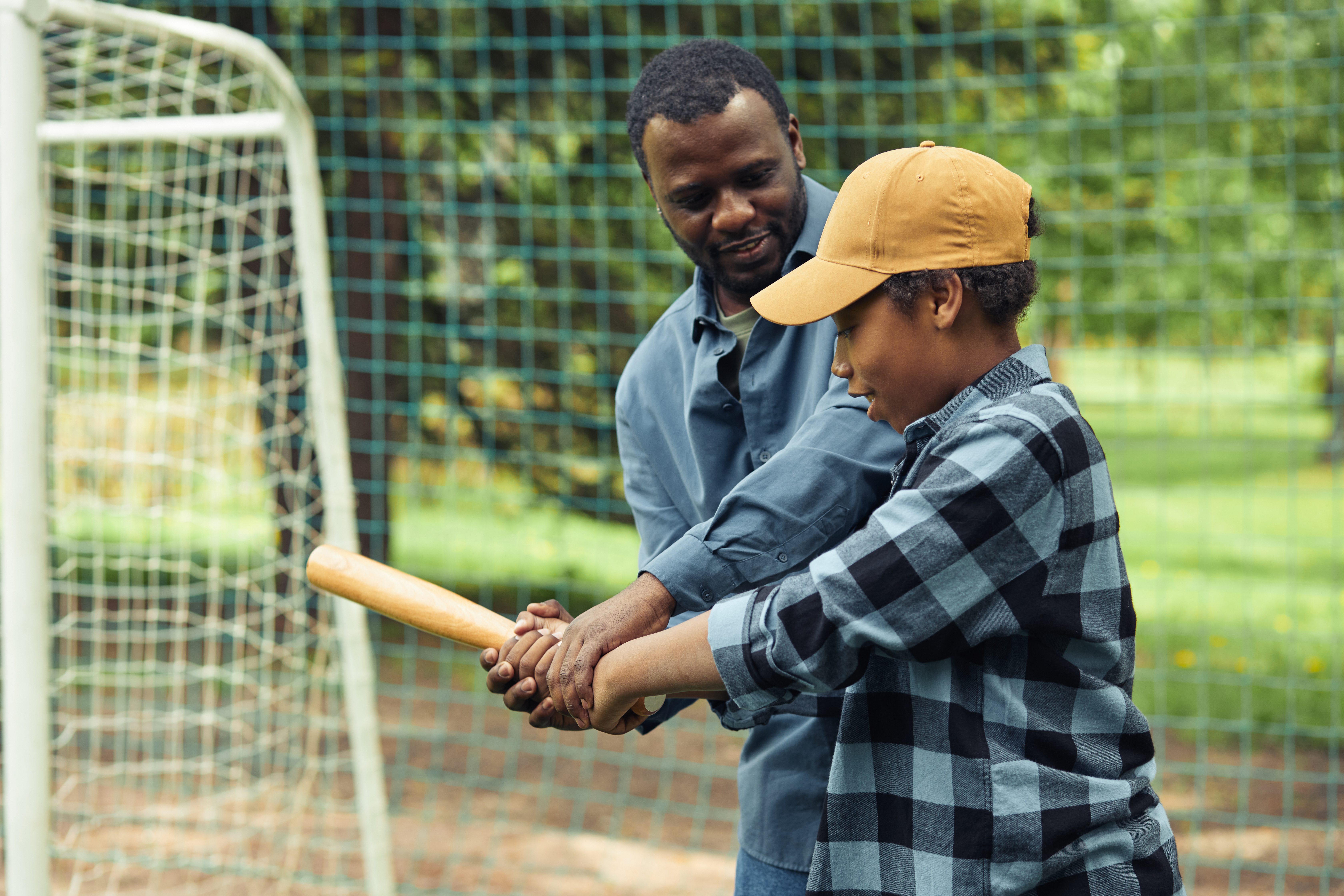
There has been a longstanding perception that pregnancy, postpartum, and motherhood mark the end of an elite athlete’s career in sport. Over the last few years, many researchers, advocates, and athletes themselves have gone to great lengths in challenging this inaccurate belief. We wouldn’t go as far as to say that presumptuous views of this nature are now completely in the rear-view mirror. Indeed, there is still much progress to be made and seen, but there has been a lot of recent developments nonetheless (Smith et al., 2023).
Our research team has spent years exploring the ways elite athletes negotiate the competing identities of parenthood and professional athletics (for example, Darroch & Hillsburg, 2017; Darroch et al., 2016, 2019, 2022, 2023, Giles et al., 2016; Scott et al., 2022; Smith et al., 2023, 2024). We are committed to prioritizing equity in our work with considerations of the intersections of parenthood and elite athletics. This requires that our actions, decisions, and entire research processes be carried out in deliberately inclusive ways. Looking through this lens, we’ve come to notice an everlasting looming stereotype that suggests that childcare is primarily a woman’s responsibility. Despite recent shifting dynamics among gender roles both in the workforce and in childcare, women continue to be burdened with this stereotype both within and outside of sport.
As a result, our team took the opportunity to challenge our own work and to ask ourselves if we, too, were unintentionally reinforcing stereotypes by looking at the intersection of parenthood and elite sport as something to be discussed with reference to female athletes only. In other words, how might male athletes experience parenthood? This was an important question to ask especially in light of the New Era of Fatherhood, which has seen men taking a more hands-on and emotionally engaged role in their children’s lives and in caregiving duties (Wall & Arnold, 2007).
This shift reflects evolving social norms, as men are no longer viewed in the traditional sense nor are they considered to be ‘secondary’ parents to women. Involved fatherhood can bring men a deepened sense of purpose, newfound feelings of confidence (Kotila & Kamp Dush, 2013) and motivation (Keizer et al., 2010), as well as improved emotional, mental, and even physical health (Astone & Peters, 2014; Knoester & Eggebeen, 2006; Knoester et al., 2007; Kotila & Kamp Dush, 2013). On the other hand, while extremely rewarding, this shift can also bring challenges to men’s lives such as increased emotional strain (Chin et al., 2011; Gonçalves et al., 2017), disruptions to professional life, sleep deprivation (Wynter et al., 2020), and the stress of balancing caregiving responsibilities; life-changing elements that were once solely considered and researched with regard to women and mothers only.
With this in mind, we posited that there could be great value in exploring male athletes’ experiences as fathers. This is surely not to take away from female athletes’ brave steps towards conquering the misconception that pregnancy and elite sport are reproductively incompatible (read Alysia Montaño’s Nike Told Me to Dream Crazy, Until I Wanted a Baby). Rather, this inquiry was aimed at shifting the narrative a bit and, in turn, helping to alleviate the burden that is still so often placed on female athletes who are pregnant and/or parenting.

This inquiry led us to one of our most recent studies, which, to date, is the first of its kind in this field of research. In our study, we interviewed 10 elite/international and world-class male athletes (9 fathers and 1 expectant father at the time of the interviews). These 10 participants have, combined, competed at 14 Olympic Games and 15 World Championships, primarily in long-distance running events ranging from the 800m to the marathon.
Through the interviews, these men shared their journeys about navigating high-performance athletic careers with fatherhood and what this balance looks like for them between family responsibilities, training camps, competitions, day-to-day training, you name it.
Key findings
This group of high-achieving athletes collectively emphasized the extremely conflicting natures between fatherhood and a career at the highest level of sport. They defined fatherhood as holding the potential to both improve yet also impede athletic performance.
On one hand, becoming a father brings what they described as “dad strength,” a newfound motivation and purpose that can propel these athletes on the track, roads, and in the gym. But they also said that this all comes at a cost. Simply put, these athletes emphasized how becoming a father amid an elite athletic career means you do have to “let go of your 100% ability in the sport.” This shift means that their time, focus, and energy can no longer be entirely devoted to the sport but must instead be divided, as they balance training and competition with the responsibilities and demands of parenting. So, while there is a new dimension of fulfillment welcomed into their lives, there is also a negative impact to athletic performance.
Some of the athletes also expressed their surprise as they encountered a new reality where fatherhood was so emotionally investing that they found themselves caring less about their sport compared to pre-fatherhood times. This unexpectedly positioned fatherhood as a form of a psychological barrier to their athletic success, purely because becoming a father just meant more than anything in the world.

Balancing the potentially conflicting identities of father and athlete leads to a bit of a trade-off between athletic performance vs. fatherhood responsibilities. The athletes in this study asserted that the balance between athletic performance and fatherhood is never really a perfect 50/50; one side will always outweigh the other. They described the act of making selfish decisions as the ticket to reaching full athletic potential, but that this comes at the often-distressing expense of missing out on fatherhood involvement and quality time with their families. Meanwhile, they explained how choosing to diminish the degree of selfishness to prioritize family is essentially the same as choosing to sacrifice athletic performance and success.
Interestingly, while all of the athletes we talked to seemed to follow a similar map for navigating the crossroads between elite athlete and elite dad, this did not mean that they were all steered in the same direction at the same times. The primary differences really boiled down to 3 main elements: the time of year in relation to the athletic season, an athlete’s primary career goals, and their child(ren)’s age(s), as described below.

Generally speaking, the athletes in this study described their experiences as ebbs and flows wherein they are continuously learning through new experiences as they combine fatherhood with elite athletics.
It is worth noting some of the interesting parallels between their experiences in comparison to those of athlete-moms. In our previous work with pregnant/parenting elite female distance runners (Darroch et al., 2019), we found that female athletes often experience a lack of support from sponsors or athletic governing during pregnancy or postpartum, causing women to have to plan/strategize pregnancies around competitions, contracts, and spousal support; a degree of stress and uncertainty that male athletes do not face.
Added on top of this, previous research has also underscored how female athletes navigate numerous other barriers through pregnancy and motherhood, including potential identity conflict as athlete and mother (Darroch & Hillsburg, 2017; McGannon et al., 2015; Palmer & Leberman, 2009). The impression is that there is a physical and concerning conflict in the combination of vigorous exercise with pregnancy (Jette, 2011; Kardel, 2005; McGannon et al., 2015; Weaving, 2020), and the burdening societal view that women should actively sacrifice their own needs for those of their families (Appleby & Fisher, 2009; Darroch & Hillsburg, 2017).
Of course, the vastly different biological realities lead to significant differences in the experiences of female and male athletes balancing the demands of sport and parenting. However, our recent work sheds light on the comparable identity tensions male athletes face between being a parent and an athlete, the struggles they experience with competing commitments between their athletic careers and family life, and their need to rely on their own partners, families, and support systems to manage these conflicts.
There is great merit in recognizing these nuances for parenting athletes in order for the sports industry to continue to evolve in an equitable way. While male athletes do not have the physical demands of pregnancy and postpartum recovery, nor the added pressures from sponsors and governing bodies, our findings from this particular work further emphasize the importance of having family-related policy, resources, and support (for example, financial, medical, or childcare supports) within elite sport.
The experiences of parenting male and female athletes are gendered (and thus inherently different), yet also similar at the same time. It’s a complicated reality that ought to be reflected in the ways in which these athletes are supported and protected within and by the sports industry.
As part of a more comprehensive, equitable approach to supporting all parenting athletes, it is essential that meaningful support that meets the unique needs of female athletes through pregnancy and postpartum is prioritized, all the while making space for considerations around male athletes who are either current or future fathers.
Check out our team’s animation video on Gender Equity in Elite Athletics to learn more about some of these key recent events. You can watch the video here.